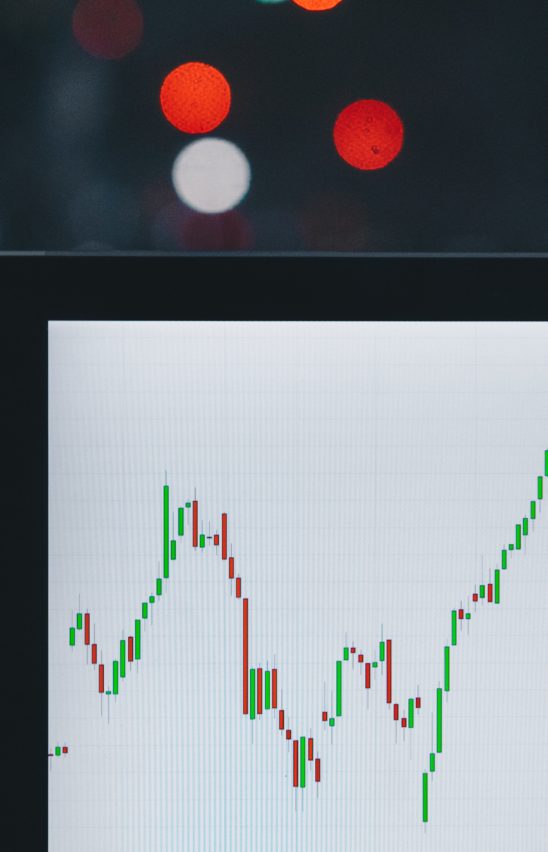
The Kerviel Case: is there really a winner?
The judgment that charged Jérôme Kerviel with a 3-year prison sentence and condemned him to pay the Société Générale its entire loss, i.e. €4.9 billion, has spurred passionate reactions and opened a fierce debate in the media and public opinion. The controversy is now fading and it is possible to step back and wonder: who is really the winner of this case? In fact, the public debate has gone so far, can there even be a winner?
At first glance, the big loser is Jérôme Kerviel. The heavy charges he was given are, on top of being the direct consequences of his actions, a reminder of the dangers of using the public opinion to influence a courts’ decision. In a context of high media attention and an abrasive banking crisis, Jérôme Kerviel’s communication strategy focused on making him look like the victim of a system gone out of control, and if not wanted for, encouraged by the bank’s management. The story worked well: Kerviel represented the small employee versus the manager, the common citizen versus the banking system: David versus Goliath. However, the ultra-intensive communication and media “starization” that grew in the waiting of the verdict, along with the changes in lawyers and contradictory declarations by Kerviel, clearly irritated the Court and finally ended up being in contradiction with the defense speech given to the judges. How could Kerviel hope to be acknowledged as the victim of an obscure system gone mad, when he had individualized his Robin Hood self-presentation through excessive and media-conscious communication? Paradoxically, the court’s decision turned out to be in favor of his public image: he re-obtained the martyr position he was trying to reach for, though it does not make his punishment any less heavy.
On the other side, the Société Générale, the case’s great winner from a legal point of view, did not get anything out of the situation in terms of its image. On the contrary, far from putting an end to the controversy over the company’s responsibility regarding its employee’s down slide, it has reopened the debate. Although the line of managers involved in the case left the company a few months after the discovery of the scheme, the Bank’s reluctance to acknowledge its part of responsibility in the trader’s wrong actions completely erased the benefits of its two years communication efforts to restore its reputation. Its mistake was also to request 100% compensation for its loss while knowing it would be impossible to complete in a one man’s lifetime. The day following the judgment, Hugues Le Bret, former communication director of the Société Générale, published a book denouncing “the gradual blindness of an entire team”, and this way redistributing responsibilities. Today, though the financial crisis has passed, the economic crisis is still present, and the public opinion stays sensitive to cases involving banks. In this delicate context, “discovering” that the Société Générale obtained a €1.7 billion tax deduction for the losses blamed on Jérôme Kerviel, has intensified a sense of injustice. For all of these reasons, the Société Générale has been weakened in the media battle in the judgment’s aftermath.
But a third loser can be identified in this case, a loser rarely mentioned, and whose image has also been impacted by the lawsuit: the judicial system itself. A lawsuit’s purpose is not only to settle a dispute between two private parties but to set an example for society as a whole. In this case, the sentence has been poorly understood – if not to say objected – by the public opinion, which has considered it both excessive toward Kerviel and lenient towards the Société Générale. This sentence was hardly acknowledged for as it only took into consideration Kerviel’s individual and criminal responsibility without mitigating it by taking into consideration the Bank’s professional and collective responsibility. The judges could not, or did not want to, diminish the amount of the compensation to
be paid by taking into consideration the evident corporate malfunctioning. In doing so, they generated in the best case a lack of comprehension, but mostly a sense of inequity. Through the debates and then the sentence, they were unable to pedagogically explain the decision, therefore weakening the public opinion’s trust in the judicial system, and strengthening the beliefs of those who think Justice is biased in favor of major economic interests rather than a supporter of isolated individuals.
Admittedly Jérôme Kerviel is the most evident loser of the case named after him, but the Société Générale’s reputation and the French Justice’s image are not undamaged. An unexpected but devastating illustration of a “lose-lose” case!
